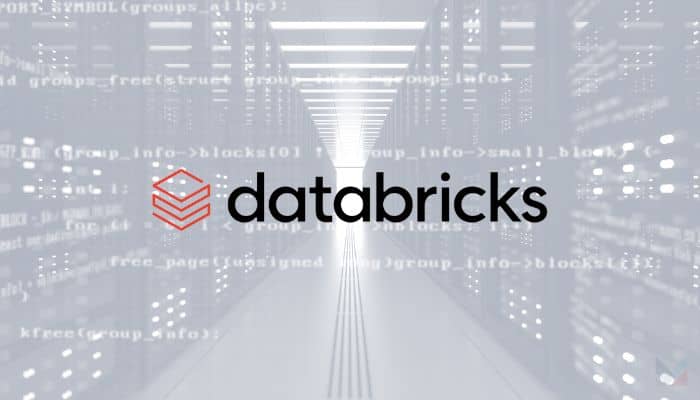Tokyo , Japan – AI research organisation OpenAI has announced the establishment of a new office in Tokyo, Japan. This marks the first time OpenAI has opened an office in the Asian region. Moreover, it is also announced that they are releasing a GPT-4 custom model optimised for the Japanese language.
In a blog post by the company, it said that they are committed to collaborating with the Japanese government, local businesses, and research institutions in order to develop safe AI tools that serve Japan’s unique needs and to unlock new opportunities.
“We’re excited to be in Japan which has a rich history of people and technology coming together to do more. We believe AI will accelerate work by empowering people to be more creative and productive, while also delivering broad value to current and new industries that have yet to be imagined,” Sam Altman, CEO of OpenAI, said.
As part of its Japan office opening, it has appointed Tadao Nagasaki as president of OpenAI Japan. In this new role, Nagasaki will lead the company’s commercial and market engagement efforts and help build its local team that will advance global affairs, go-to-market, communications, operations and other functions in serving Japan.
“Our new local presence also gets us closer to leading businesses like Daikin, Rakuten, and TOYOTA Connected who are using ChatGPT Enterprise to automate complex business processes, assist in data analysis, and optimize internal reporting. ChatGPT also helps accelerate the efforts of local governments, such as Yokosuka City, which is leveraging the technology to improve the efficiency of public services in Japan,” the company said.


